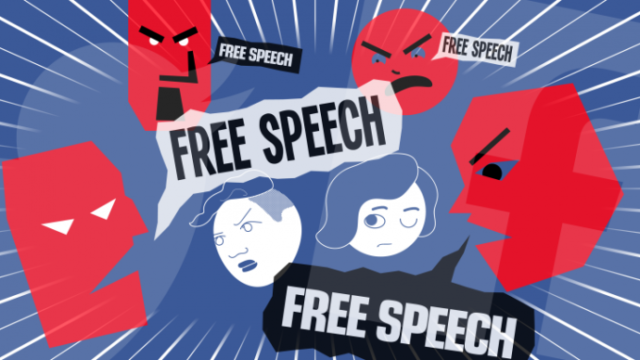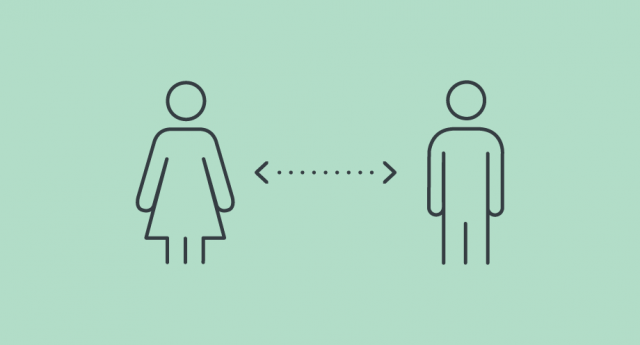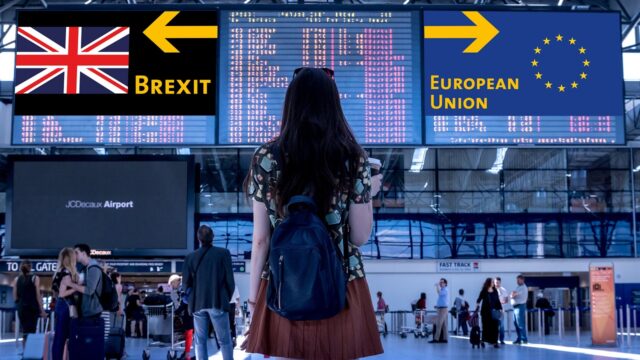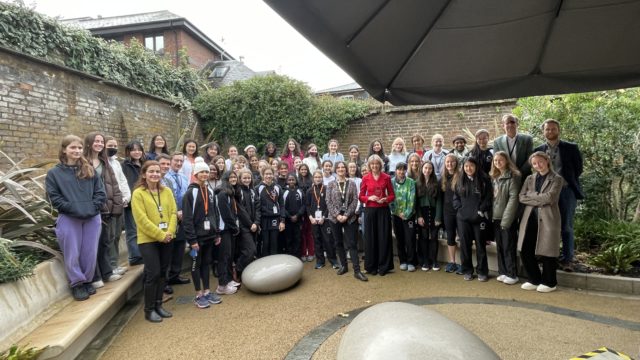iPaulina

Political Advertising on Facebook
Facebook’s potential for immense influence on politics and the necessity of regulationTwitter’s chief executive, Jack Dorsey, has decided to ‘stop all political advertising on Twitter globally’; a heartening move in my opinion. Since two of the world’s most advanced democracies, the United States and the United Kingdom, have been subject to scandals surrounding Cambridge Analytica and Facebook, in connection to the Brexit referendum and the 2016 US presidential elections, they have shown how dangerously technology can be used to deliberately manipulate voters and distort the political discourse. Politicians, as well as the social media giant Facebook, must act to prevent democracies being further undermined by the flood of prejudice and falsehood prevalent on social media.
Electoral law in Britain requires thorough reform. In 2018, MPs said that there were plans for ‘digital imprints’, showing who has produced online ads. They also called for a wider review of digital campaigning in the UK. Despite this, nothing much has been done; dark political advertising and misinformation in dishonest campaigning are still rampant. Facebook should be worried; Mr Dorsey’s message is being warmly received and pressure is piling on it to place measures countering this spread of misinformation.
Social media adverts can help unknown candidates stand out and there is evidence that Facebook is necessary for the breakthrough of non-traditional candidates. WhatsApp, owned by Facebook, has also defended activists around the world from sophisticated cyber-attacks. However, Facebook’s power over what its users see means it holds great power over politics; as a result, there has been an uncontrollable spread of misinformation and division as malign foreign and domestic actors have realised this. In the UK, people are afraid that politicians comprehend Facebook’s potential to undermine the legitimacy of elections but are unwilling to change anything due to self-serving attitudes.
Facebook’s rules are also extremely impractical. Even if politicians’ posts contain false and misleading claims, Facebook will not police them. Mark Zuckerberg has defended Facebook’s policy, saying it is not up to tech companies to decide what’s true. In my opinion, some things can be done to counter Facebook’s lack of action. Firstly, Facebook should be forced to reveal where parties are spending campaign cash and enforcing constituency spending limits. Secondly, an official study of advertising in social media should be put in place. And finally, we must make sure that campaigners are held to account and regularly scrutinised. Making sure that their operations are transparent and their political activities are subject to effective regulatory scrutiny is essential to limit the power Facebook holds and to preserve the integrity of our democracy.
Tanya V







